DOEIA
IBSB is a registered centre for the Duke of Edinburgh’s International Award, widely recognised as the world’s leading youth achievement award,
with staff at IBSB receiving accredited training as DOE Leaders and Assessors in order to offer this programme to all students in Years 10-13.
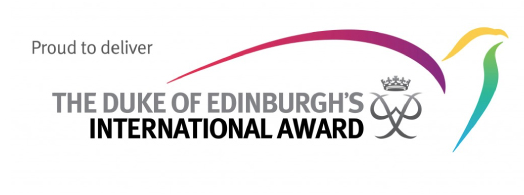
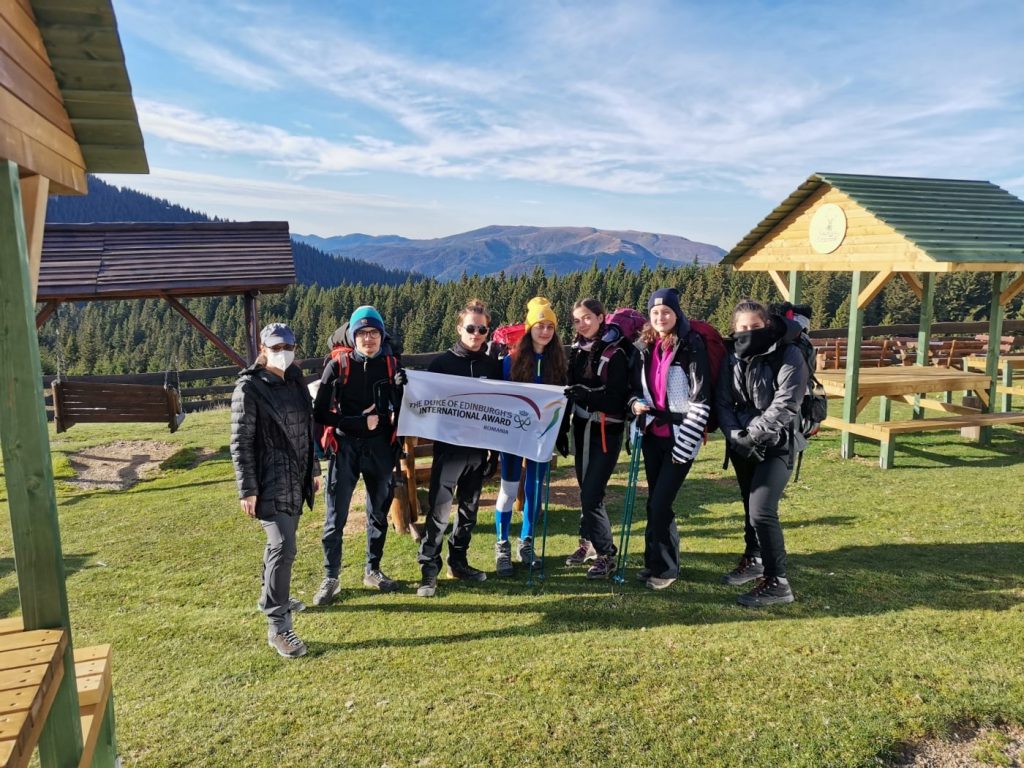
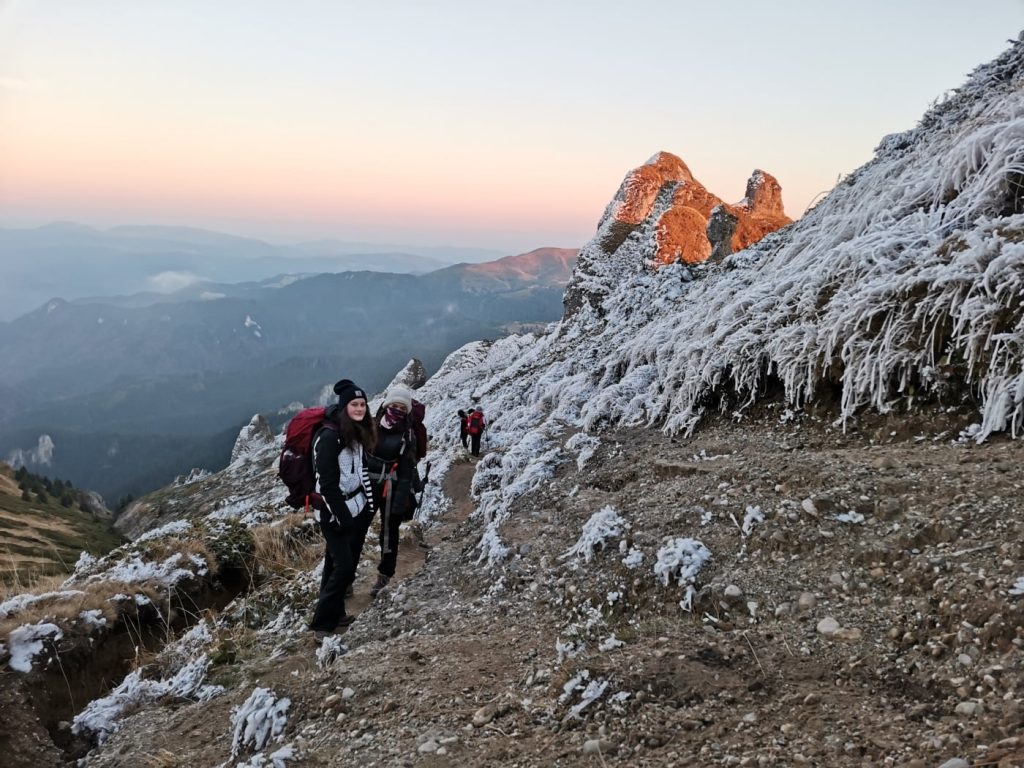
All students at IBSB have the opportunity to go away on a Year 10 Outward Bound Trip at the start of the school year, which is the officially introduction to The Duke of Edinburgh’s International Award Programme. Although not a compulsory part of the IBSB curriculum, we consider this programme an integral part of our educational experience and students are actively encouraged to complete the Bronze Award whilst in Year 10, with the opportunity to complete their Silver Award in Year 11, and their Gold Award in Years 12 & 13. Awards are given out at formal events, with the Silver and Gold Awards officially presented to our students by the Romanian Royal Family. The Awards are recognised by universities around the world as an indication of character and community commitment.
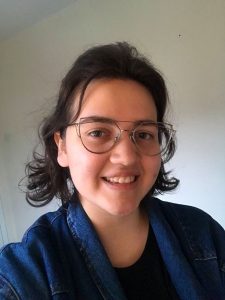
The Award programme was an amazing experience, especially for my gold residential project, where I shadowed one of the best equine based veterinarians in the country.
It was a challenging period, with waking up early in the morning and returning late at night, but it truly helped me see how much rural communities depend on their horses and how important his work is to their well being. I learned so much in such a short span of time, most of which is still relevant to me today, in the degree I am pursuing.
Lisa, gold holder, International British School of Bucharest
The Award is comprised of three levels and four sections: service, skills, physical recreation, and adventurous journey. Participants complete all four sections at each level in order to achieve their Award. At Gold level, participants also complete a Residential Project.
The Service section of the Award encourages young people to volunteer their time to understand the benefits of their service to their community.
Participants are required to give service (volunteer) over a set period of time that enables them to experience the benefits that their service provides to others.
Examples of Service:
- First aid
- Visiting and supporting people in need, such as the elderly, or those with disabilities
- Volunteering at a hospital or local care home
- Sports coaching
- Charity work
Time requirements:
- Bronze – at least 3 months
- Silver – at least 6 months
- Gold – at least 12 months
the community.
The Skills section of the Award encourages the development of personal interests and practical and social skills.
The Skills section provides the opportunity for a participant to either improve on an existing skill, or to try something new. As with the other Sections of the Award, a level of commitment is required over time to progress a skill. It leads to a sense of achievement and well-being, and possibly improved employability through the development of life and vocational skills.
Examples of Skills:
- Music – singing, learning to play an instrument, music event management
- Sports related – sports officiating, umpiring/refereeing, sports ground maintenance
- Arts and crafts – ceramics, jewellery making, drawing, painting, sculpture, photography
- Nature and the environment – agriculture, astronomy, bee keeping, conservation, fishing, forestry, gardening
- Communication – film and video, languages, reading, writing, public speaking, journalism, website development
- Games – billiards, snooker or pool, chess, darts, backgammon
Time requirements:
- Bronze – at least 3 months
- Silver – at least 6 months
- Gold – at least 12 months
skills and widen your personal
interests
The Physical Recreation section of the Award encourages young people to participate in sport and other physical recreation for the improvement of health and fitness
Encouraging healthy behaviour has benefits, not only for participants but also for their communities, whether through improved health, or active participation in team activities. This Section specifically aims to improve the health, team skills, self-esteem, and confidence of participants.
Examples of Physical Recreation
- Ball sports – football, rugby, volleyball, basketball, cricket, golf, tennis
- Athletics – running, jumping, throwing, biathlon, triathlon, decathlon
- Water sports – canoeing, kayaking, swimming, water polo, diving, kite boarding
- Winter sports – skiing, snowboarding, curling, bobsleigh, ice hockey
- Martial arts – karate, judo, kickboxing, boxing, taekwondo, kendo
- Animal sports – horse riding, polo
Time requirements:
- Bronze – at least 3 months
- Silver – at least 6 months
- Gold – at least 12 months
performance, health and fitness.
The Adventurous Journey section encourages a sense of adventure and discovery whilst undertaking a team journey or expedition. As part of a small team, participants plan, train for, and undertake a journey with a purpose in an unfamiliar environment.
The journey can be an exploration or an expedition, but must be a challenge. The aim of this Section is to provide participants with the opportunity to learn more about the wider environment, as well as to develop their self-confidence, team work, and health. Participants are taken out of their comfort zone, but kept within a safe and secure setting, achieved through suitable training and supervision.
Examples of Adventurous Journeys (explorations and expeditions)
- Exploring the natural world: glaciation, erosion, geology, coastal studies
- Exploring river valleys, plant studies, exploring human impact: visitor pressure in national parks, pollution
- Carrying out health surveys or health education in remote area
- Completing a demanding journey by foot, cycle, canoe or kayak
- Kayaking the entire navigable stretch of a river
- An extensive sail across an ocean
- Climbing the Alpine, Himalayan or other mountainous peaks
- Cycling from one end of a country to another
Time requirements
- Bronze – two days and one night; average of six hours of purposeful effort per day; minimum 12 hours of purposeful effort in total
- Silver – three days and two nights; average of seven hours of purposeful effort per day; minimum 21 hours of purposeful effort in total
- Gold – four days and three nights; average of eight hours of purposeful effort per day; minimum 32 hours of purposeful effort in total
your eyes open.
The Residential Project, completed only at Gold Level, aims to broaden participants’ horizons through involvement with others in a residential setting.
Participants have the opportunity to share a purposeful experience with people who are not their usual companions and work towards a common goal, set out by the participants themselves. Through the Residential Project participants will meet new people, explore life in an unfamiliar environment, develop new skills and, hopefully, have a life changing experience.
Examples of Residential Projects
- Residential language courses
- Youth camp overseas
- Voluntary work with national parks, youth parliaments, sports coaching
- Crew member on a tall ship
- Work for an international charity
- Restoration projects
Time requirements
The activity should take place over a period of at least four nights and five consecutive days.
different perspective.
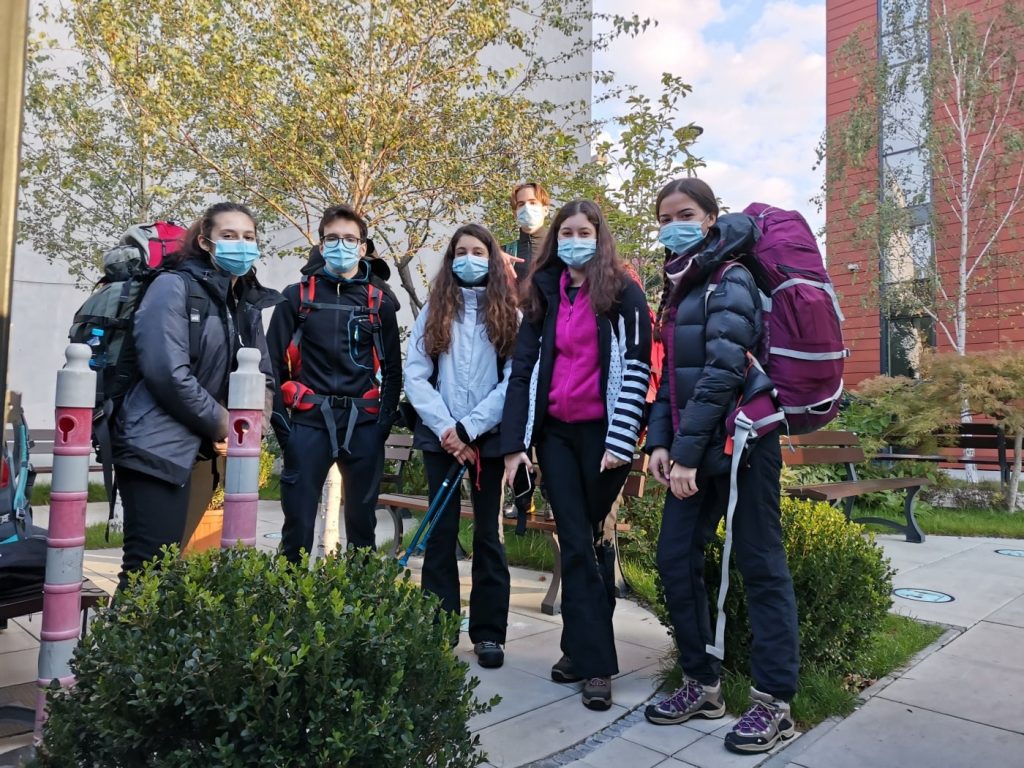
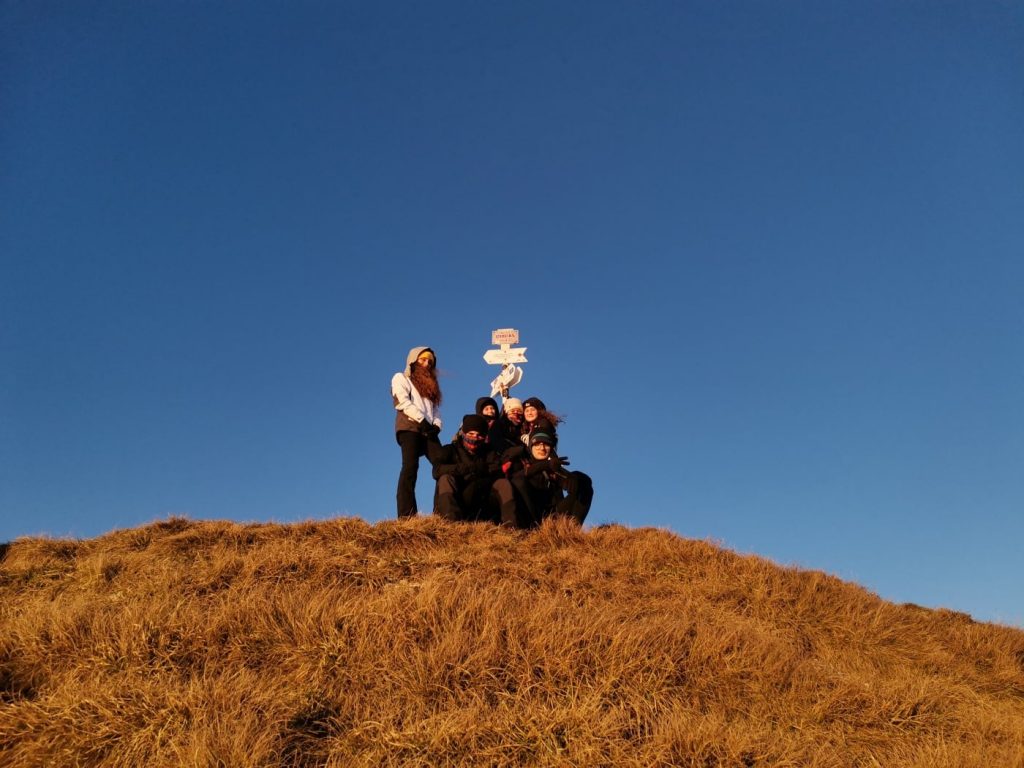
Additional Information
Downloads:
About the Duke of Edinburgh’s International Award
Guiding principles of The Duke of Edinburgh’s International Award
For additional information please visit the official Duke of Edinburgh’s International Award website or contact our IBSB Duke of Edinburgh’s International Award Coordinator:
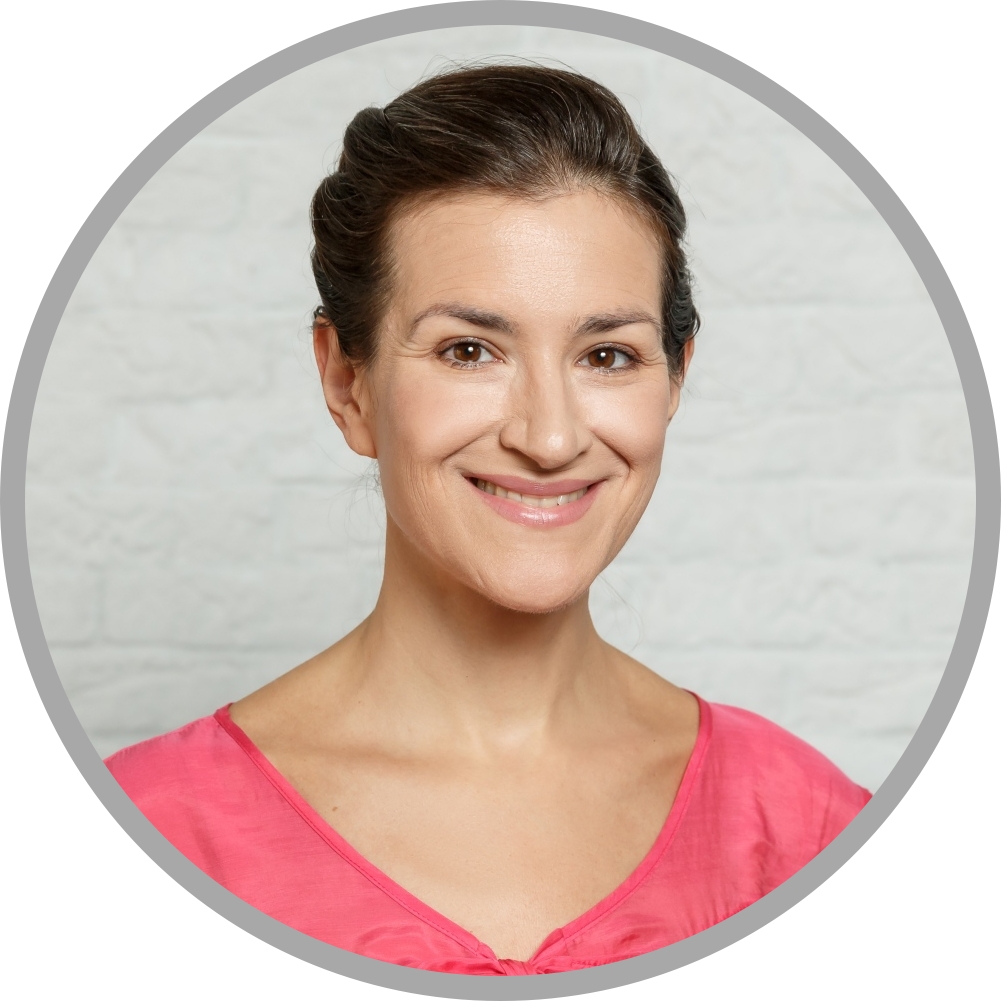
Ms Johanna Croci
E-mail: johanna.croci@ibsb.ro
